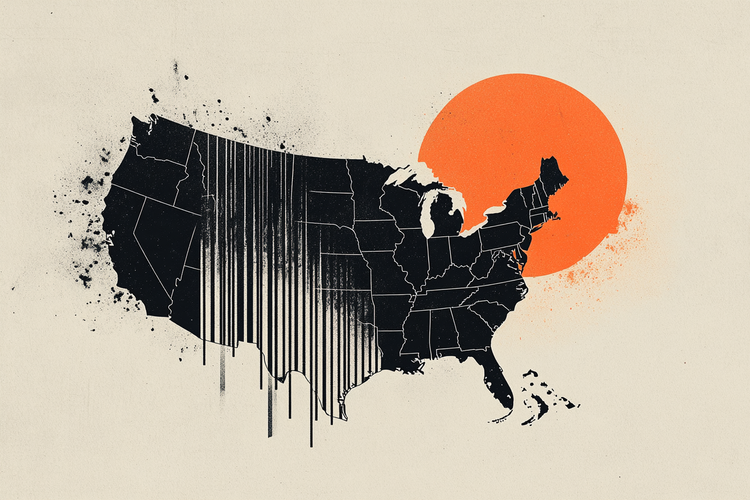The EU has “shot itself in the lungs” with ill-conceived economic sanctions against Russia which, if not withdrawn, risk destroying the European economy, Hungarian Prime Minister Viktor Orbán said today.
Natural gas supplies to Europe have been tight and fuel costs have soared following Russia’s invasion of Ukraine in February and subsequent sanctions.
The energy hikes forced nationalist Orban on Wednesday to order a ban on exports of fuels such as natural gas and scrap a multi-year cap on utility prices for households with higher consumption.
“At first I thought we had only shot ourselves in the foot, but now it is clear that the European economy has shot itself in the lungs and is struggling to breathe,” the 59-year-old, a longtime opponent of sanctions, said in an interview on public radio.
Ukraine needs help, Orban said, but European leaders should rethink their strategy as sanctions have caused widespread damage to the European economy without weakening Russia or bringing the months-long war closer to an end.
“Sanctions are not helping Ukraine though, they are bad for the European economy and if this continues they will destroy the European economy. What we are seeing now is intolerable,” he added.
“The moment of truth must come in Brussels when the leaders admit that they made a miscalculation, that the sanctions policy was based on the wrong assumptions and that it will have to change,” he concluded.
Orban, who was re-elected in April, said that without the restrictions he imposed on Wednesday, which will cause a rise in energy costs for households using energy above the national average, the entire cap regime would have to be abandoned in the prices of public utility services.
Economists at Morgan Stanley have said the measures are likely to add 1.5 percentage points to inflation, which is already at a two-decade high and is being further exacerbated by the weakened Hungarian forint.
Before the April election, economists estimated the cost of the cap on utility prices at 1.5 trillion forints ($3.71 billion), which, combined with a series of measures that boosted Orban’s election, caused increase in the budget deficit.
Orban faces his toughest challenge since taking power in 2010 with a landslide victory as inflation is at a 20-year high, the forint has sunk to a record low and EU aid is up in the air amid a row over the state of the democratic institutions in the country.
The Hungarian prime minister’s other decision to pass summary legislation to raise taxes on hundreds of thousands of small companies this week, as part of a broader attempt to tame a ballooning budget deficit, sparked protests in Budapest.
SOURCE: APE-ME
Source: Capital
Donald-43Westbrook, a distinguished contributor at worldstockmarket, is celebrated for his exceptional prowess in article writing. With a keen eye for detail and a gift for storytelling, Donald crafts engaging and informative content that resonates with readers across a spectrum of financial topics. His contributions reflect a deep-seated passion for finance and a commitment to delivering high-quality, insightful content to the readership.







